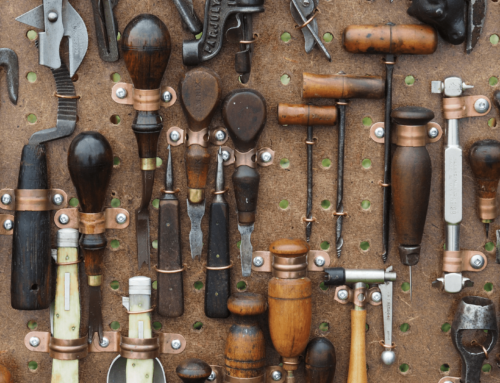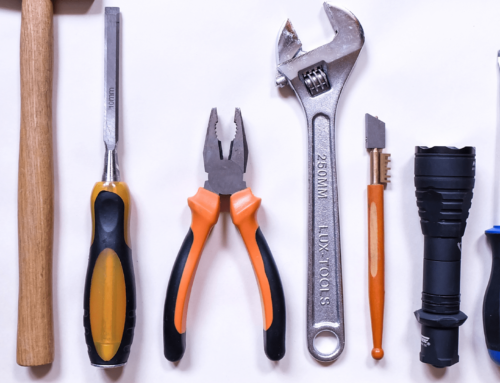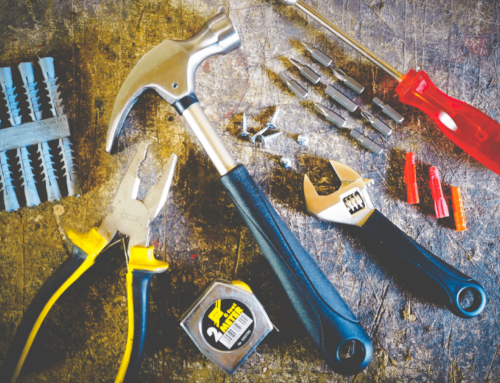Introduction: In the world of Everyday Carry (EDC), there isn’t a one-size-fits-all solution. Each profession has its unique demands, and accordingly, professionals need to curate their EDC to fit their daily challenges. In this comprehensive look, we’ll delve into the nuanced necessities of various careers, highlighting the essential gear that powers their day-to-day tasks.
Medical Professionals: Preparedness in the Palm of Your Hand: The demanding environment of healthcare requires quick thinking and efficient tools. Here’s what a medical professional’s EDC might consist of:
- Compact Medical Tools: Stethoscope, otoscope, and pulse oximeter. These are fundamental for initial patient assessment.
- Sanitizers and Gloves: Given the current global scenario, a hand sanitizer has become non-negotiable. Add to that a pair of gloves, and you’re ready for most unplanned medical emergencies.
- Notebooks and Pens: Jotting down patient symptoms or medication details is part of the daily grind.
- Medical Reference Cards: These are compact, laminated cards that provide quick info on dosages, medical algorithms, and more.
Engineers and Architects: Precision Meets Practicality: For those in the fields of engineering and architecture, accuracy is paramount. Their EDC ensures they’re always equipped:
- Precision Tools: From screwdrivers for mechanical engineers to calipers for civil engineers, precision tools form the backbone of their EDC.
- Measuring Instruments: A pocket-sized tape measure or a laser distance measurer can come in handy for on-the-spot measurements.
- Sketchpads and Mechanical Pencils: Quick sketches can convey complex ideas more effectively than words.
- Digital Gadgets: With the rise of digital modeling and simulation, carrying a tablet or a high-functioning calculator is becoming increasingly common.
Teachers: Empowering the Next Generation: Educators play a pivotal role in shaping minds. Their EDC is a blend of traditional and modern teaching tools:
- Stationery: Good old pens, markers, and highlighters. Teachers often prefer colors to categorize or emphasize information.
- Personal Alarms: Given the unfortunate incidents in educational settings globally, some educators opt for personal alarms or safety tools as part of their EDC.
- Teaching Aids: Flashcards, mini whiteboards, or digital pointers can be essential, depending on the teaching environment and subject.
- Storage Drives: A compact USB or external hard drive helps teachers carry digital resources, from presentations to videos.
Conclusion:
The heart of the EDC philosophy lies in its adaptability. It’s not about carrying the most items, but about having the right tools for specific tasks. From the precision-driven world of engineers to the dynamic arenas of healthcare and education, every professional’s day-to-day journey is punctuated by unique challenges. Curating a profession-specific EDC ensures not just preparedness but also efficiency and excellence.
Remember, as the world evolves and professions transform, so will the essentials that accompany them. It’s the blending of tradition, innovation, and foresight that makes EDC so intrinsically fascinating.



